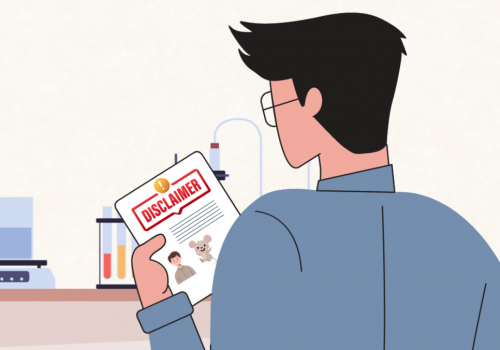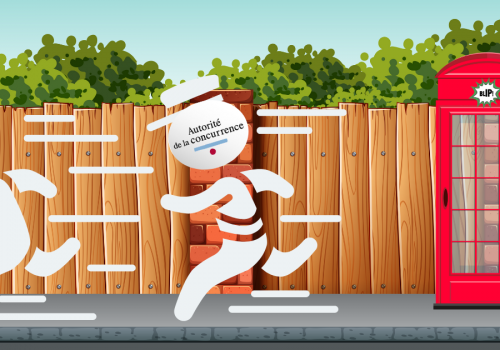“The EPO confirms the refusal of the designation of an AI machine as inventor” by Albert HASSINE & Mathias ROBERT

In decisions J 8/20 and J 9/20, the Legal Board of Appeal confirmed the refusal of European patent applications designating an artificial intelligence, called DABUS, as inventor.
The applicant (a natural person domiciled in Missouri, USA) declared that the inventions had been created autonomously by DABUS (which is actually an acronym for “Device for the Autonomous Bootstrapping of Unified Sentience”).
Regardless of the patentability question of the subject-matter of these applications, the Legal Board of Appeal confirmed that an artificial intelligence machine, which does not have legal capacity, could not be designated as inventor.
In the first instance decisions, the Receiving Section had stated that only a human inventor could be designated within the meaning of Article 81 and Rule 19(1) EPC. Moreover, a machine could not transfer any rights to the applicant. The statement that the applicant was successor in title because he owned the machine could not satisfy then the requirements of Articles 81 and 60(1) EPC.
In June 2021, the Legal Board of Appeal issued a preliminary opinion stating that under the EPC the inventor must be a person having legal capacity. Oral proceedings were scheduled on 21 December 2021.
The EPO decisions confirm then the rejection and are thus in accordance with the UK and German decisions to reject applications which do not designate a natural person as inventor. The UK Court of Appeal also rejected, on September 21, 2021, the same designation of “DABUS” as inventor in UK patent applications, on the basis of similar grounds as the EPO. The EPO decisions are in line also with a report from the IP5 expert round table on artificial intelligence (held in Munich, on October 31, 2018), where the U.S. Patent and Trade Office (USPTO), the European Patent Office (EPO), the Japanese Patent Office (JPO), the Korean Intellectual Property Office (KIPO), and the Chinese National Intellectual Property Administration (CNIPA), agreed that only a natural person should be designated as the inventor in the application. The patent applications have been rejected for the same reason in the USA and Japan.
Typically, the USPTO rejected both applications with the reasoning that DABUS was not a “natural” person, according to the U.S. law allowing only “natural persons” to be designated as inventors in a patent application. The Federal Court of Eastern Virginia confirmed the decision of the USPTO, and reminded that the US law states that “individuals” must swear an oath on the patent application: an artificial intelligence machine is not able to do so. Therefore, naming a machine as inventor contravenes the US law.
For now, only the South-African and Australian patent offices seem to accept a designation of an artificial intelligence machine as inventor in a patent publication. Indeed, on July 30, 2021, the Federal Court of Australia reversed the rejection decision of IP Australia (formerly the Australian Patent Office).
These recent European decisions should discourage however applicants from designating artificial intelligence machines. Naming an artificial intelligence machine as inventor in a patent application might be a thing of the past. Nevertheless, there will remain an artifact of history in at least a PCT publication of an application for a food container, mentioning, in the “inventor” section: “DABUS, the invention was autonomously generated by an artificial intelligence”.



